The Packers Aren't a Very Good Team and They Know It
The Green Bay Packers made arguably the most surprising pick of the NFL Draft on Thursday night, using the 26th overall pick on Utah State QB Jordan Love. Depending on what draft rankings you follow, Love is considered a high upside prospect at the league’s most important position. But if placed into a situation that allows him time to develop his game, both physically and mentally, he has the talent to be a top QB in the league. Love’s talent and potential are undeniable.
What has not been undeniable in the days since is the outrage from Packers fan and mainstream football outlets. Fans understandably wanted to see the Packers draft a player that could help their team win now. NFL analysts have a weird fascination with current Packer quarterback Aaron Rodgers that inhibits their ability to be even the least bit critical of him. After all, the Packers were “just one game” away from the Super Bowl last season. You have to be in win now mode, right?
The truth is, the last season’s versions of the Packers are one of the most fraudulent, overachieving 13-3 teams in NFL history. Going into the playoffs, I thought the 2019 iteration of Green Bay was the most overrated 13-win team I had seen in quite some time. To test this theory, I decided to plot out the expected win-loss of every 13-win team in the NFL since 2010. The results speak for themselves.
As it turns out, I don’t know if the 2019 Packers were the most overrated 13-win team ever, but they are by far the most overachieving 13-win team of the last decade, by almost a full win over the 2017 Pittsburgh Steelers. On top of having the lowest expected win-loss of any 13-win team since 2010, the 2019 Packers also have the lowest point differential. The Packers clocked a +63 PD in 2019, again by far the worst of any related team in the last decade, and 35 more points than the 2017 Steelers. As you can see from the chart, the second lowest expected win loss from the last decade won nine games the following season, while the two teams tied for fourth, the 2016 Dallas Cowboys and the 2018 Los Angeles Rams, finished the following season with nine wins as well. The third worst 13-win team of the last decade? The 2019 version of the New Orleans Saints. It’s why I am really down on them heading into 2020, too. (We’ll discuss that in a later article.) The teams closest to the Packers in point differential are the aforementioned ’17 Steelers with +98, the ’19 Saints at +117, and the 2012 Atlanta Falcons at +120. The following season, Atlanta finished 4-12. Either way you cut it, the Packers simply are not as good as their record indicated.
I won’t pretend to know just how much of a role analytics plays into the Packers’ front office decisions, but the naked, unsourced eye tells you there’s something. In the last decade, there wasn’t a worse 13-win team when measured by expected W-L or point differential. In fact, a Rodgers lead Packer team hasn’t produced an expected win loss above 9.7 since 2014, when the Packers posted a 11.0 expected win-loss. That season, they finished 12-4 before somehow not winning a conference title game in which the team’s opposing quarterback threw four interceptions. Blame the defense for subsequent postseason failures all you want, but if you’re considered one of the best quarterback’s in the league, you find a way to send your team to the Super Bowl when they manage five takeaways. Even if we excuse the 2017 season, in which Rodgers only played in seven games, the results still point to a team with a good but not great QB at the helm.
Which brings us back to Love. The Packers have gotten as close an eye on Rodgers as anyone else for the past six seasons, and see a guy that is a shell of the player he was in 2014. Rodgers has incredible football intelligence and explosive playmaking ability. Those two skills combined are enough to keep turnovers low, but they’re not enough to overcome masterful deficiencies on the roster, or tip the scales in favor of a team far less talented two weeks in a row. It’s one thing to beat Seattle at home a week after they played a cross country game. It’s an entirely different venture to go to the west coast and confront a roster and coach that are far superior. Winning one game can be luck. To win two, you need to be better. The Packers are nowhere near the level of San Francisco right now, or the revamped Buccaneers, a healthy Philadelphia or a well-coached Dallas team. I think the Packers brass knows this, and in their estimation, if Rodgers really is the player all the media pundits and draft analysts think he is, he’ll be good enough to take the team back to the postseason. And if he isn’t, as I believe the data bears out, then they have their signal caller of the future. The long-term prognosis in Green Bay is bright.

